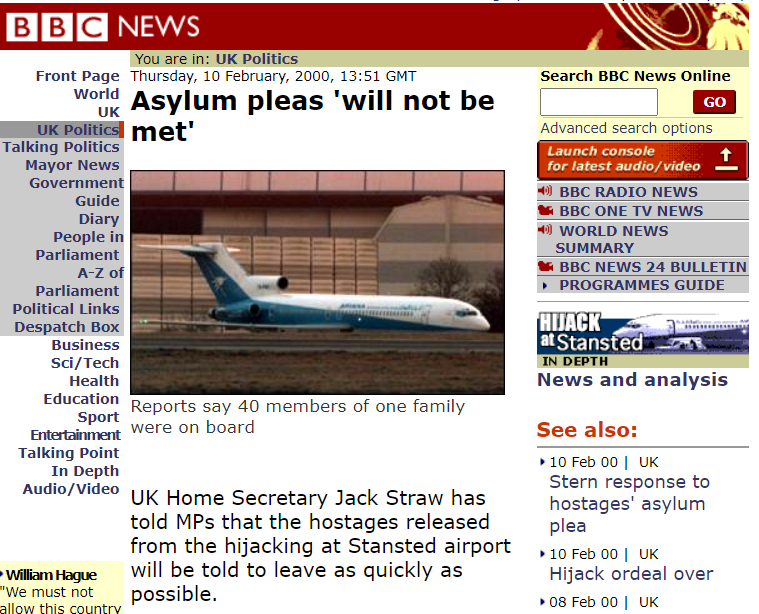
Today marks the 90th anniversary of the second Labour government falling when then Prime Minister Ramsay MacDonald proposed a 20% cut in unemployment benefit
Today Johnson and Sunak are about to cut #UniversalCredit by 21%
My piece for @ipaperviews ...🧵
inews.co.uk/opinion/univer…
Today Johnson and Sunak are about to cut #UniversalCredit by 21%
My piece for @ipaperviews ...🧵
inews.co.uk/opinion/univer…
The Labour government was elected in 1929, just before the Wall Street Crash provoked a global depression. Despite many on the left of the party putting forward what would become known as Keynesian solutions, MacDonald and Snowden insisted on cuts to the incomes of the poorest 

At Labour conference in 1930, James Maxton had attacked the leadership for their “timidity and vacillation” and said the Government should “use all its powers towards increasing the purchasing power of the workers, reducing workers’ hours, initiating a national housing programme” 

The cuts were rejected by a majority of the Labour Cabinet and by the TUC. MacDonald and Snowden pressed ahead regardless, forming a 'National Government’ with the Tories and Liberals who were happy to welcome 'useful idiots' who would do the Tories’ dirty work in Labour clothing
The Labour historian Professor Jim Tomlinson wrote:
“MacDonald and Snowden determined that their responsibilities to sustain Labour as a responsible governing party outweighed the need to support the unemployed”🥀
The Labour NEC expelled them from the party🌹
“MacDonald and Snowden determined that their responsibilities to sustain Labour as a responsible governing party outweighed the need to support the unemployed”🥀
The Labour NEC expelled them from the party🌹
A year later, in 1932, George Lansbury became Labour Leader.
As Poplar Mayor in 1921, Lansbury had been jailed for refusing to make cuts in local poor relief.
The slogan of the Poplar rates rebellion was “better to break the law, than to break the poor.”
As Poplar Mayor in 1921, Lansbury had been jailed for refusing to make cuts in local poor relief.
The slogan of the Poplar rates rebellion was “better to break the law, than to break the poor.”

• • •
Missing some Tweet in this thread? You can try to
force a refresh







